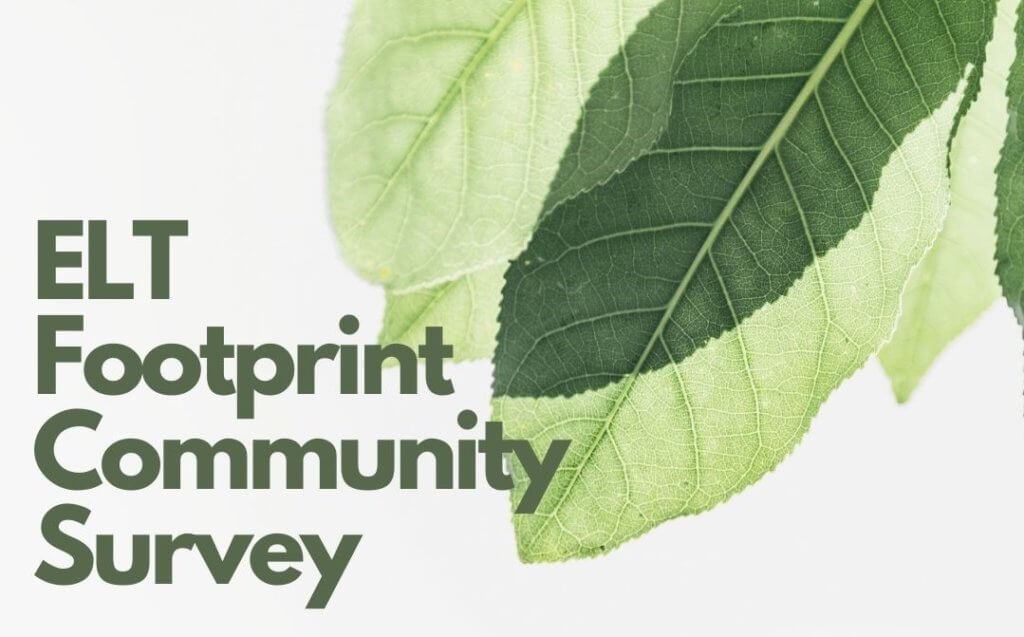Why a survey?
The main purpose of research is to explore the unknown in order to be able to unlock new possibilities. Very little research has been done into the link between issues of sustainability and teaching practices in the ELT classroom so it’s important to get things rolling. This survey is the beginning of a process. The end results will have an impact on your experiences in classrooms and staff rooms around the world as well as arming your learners with the language and skills they need to engage effectively with climate crisis issues.
This research focuses on YOU as an ELT Footprint Community member and as a teacher who is already committed to addressing environmental issues in your classroom. The results will hopefully help identify concrete ways to support teachers, educators, syllabus writers and the broader ELT profession as they too start to address climate crisis issues through their work. And just to be clear, if you are reading this, if you are a member of our Facebook group or if you follow us on LinkedIn or Twitter, then you are a Footprinter and a valued member of our community.
How was the seed for this survey planted?
With growing interest in how to teach global skills alongside English language, the survey team has a particular interest in how environmental issues are being integrated into teaching practice. Our hope is to learn more about what is happening in actual classrooms, what factors support or inhibit these processes, and what advice or lessons we can learn to share with other teachers who are maybe taking their first steps into integrating environmental issues into their regular ELT practice.
On 27 October 2020, Sarah posted an informal message in the Facebook group, explaining that she’d like to write something about teaching ELT and ecoliteracy. She was keen to find recommendations of books and articles that argued the case for the importance to learners of developing ecological competences alongside their academic subjects, including additional languages. One of the 858 members who read that post was Nayr, who contacted Sarah the same day, explaining that this was a theme she was also exploring as part of her work in English in Teacher Education at Nord University.
Sarah and Nayr chatted on Zoom and decided to focus their research specifically on the teachers and educators in the ELT Footprint Community, exploring attitudes to environmental issues in ELT, experiences in practice and reasons for joining ELT Footprint. They contacted Ceri Jones and Katherine Bilsborough with an invitation to collaborate on the project and so the story began. The first stage has been completed with the very capable and efficient support of Chiara Potzinger – a big thank you to Chiara for all her hard work and patience as she fielded input and comments from four different perspectives! – and the survey is ready to go live.
We are all very excited to be part of this project. The survey is just the first step. We are going to be following up with more in-depth interviews and the results of the survey will be shared as soon as they are ready. We’re hoping those results will kick start a whole new strand of conversations and initiatives throughout the ELT world and open up new avenues for developing and supporting eco-literacy alongside other initiatives already under way.
How to take part
Please follow this link: https://survey2.uni-graz.at/348215/lang-en or scan the QR code below to access the survey. It should take around 10 to 15 minutes of your time. The more responses we get, the clearer a picture we can paint, and the more answers we can find to key questions about how best to support both teachers and learners in working together to protect our planet.:
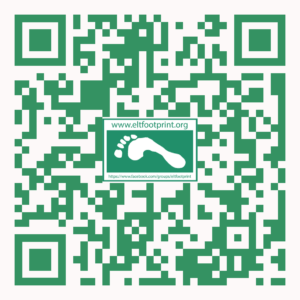
As a thank you for your time and contributions, we would like to share a booklet of green lessons with all respondents. Language Teaching for the Planet – Selected Lesson Plans has been put together for us by Owain Llewelyn and Ben Crompton.
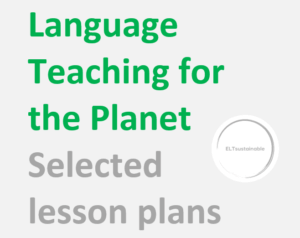
We want to say a huge thank you to Owain, Ben, and the other contributors – Charlotte Giller, Aster Law and Silvana Mascitti – for their generosity in sharing this publication and for giving their permission to reproduce their lesson plans. You will receive a link to the booklet after completing the survey.
Thank you all once again for your help and support. Watch this space for further updates!
Meet the survey team
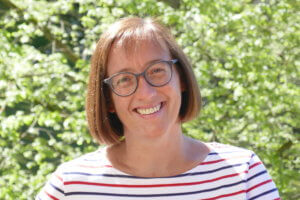
Sarah Mercer is Professor of Foreign Language Teaching and Head of ELT at the University of Graz. She is the author, co-author and co-editor of several books in the field of language learning psychology. In 2018, she was awarded the Robert C Gardner Award for excellence in second language research.

Nayr Ibrahim is Associate Professor of English Subject Pedagogy at Nord University in Norway. Her publication Teaching Children How to Learn (2015) won an award at the 2016 ESU English Language Awards. Her research interests include early language learning, learning to learn, bi/multilingualism, multiple literacies, language and identity, children’s literature, children’s language rights.

Chiara Potzinger is a student assistant at the Institute of English Studies, Section ELT Research and Methodology at the University of Graz. She is studying to become a teacher in the subjects English and History. Her research interests include Young Adult Literature and intercultural education.
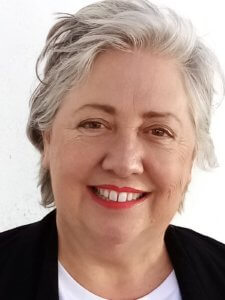
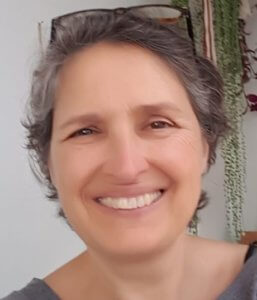
Katherine Bilsborough and Ceri Jones are ELT authors and teacher educators. Both founding members of ELT Footprint and part of the admin team who run the website and blog and moderate conversations on social media.

